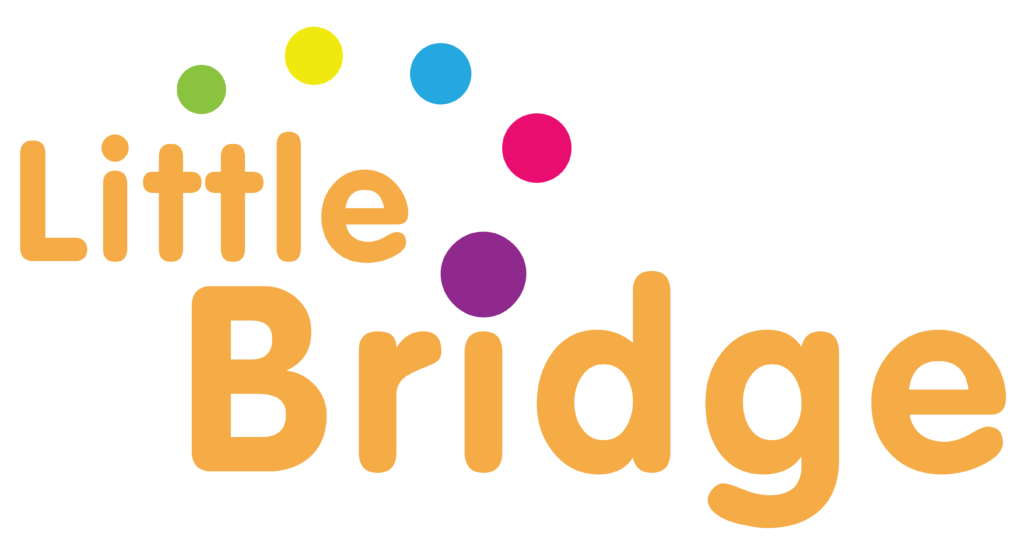Paul Rogers, author of Little Bridge, explains how to help your child learn English with songs.
Few will question the value that songs can bring to language teaching, yet it’s intriguing to consider why they are so effective. To have an entire class singing a set text in unison can by no means be described as communicative. So why – beyond the fact that most students enjoy music – does it work?
Help your child learn English with songs – Repetition
Perhaps one of the virtues of singing together is that it offers an acceptable way of doing something that is now generally considered an outdated practice, but in fact has immense benefits: learning chunks of language by heart. Even if learning by heart is not the expressed intention, the reality is that listening to, joining in with, and performing a song involves a great deal of imitation and repetition. And repetition is a key strategy for remembering. What piece of language other than a song would students be happy to repeat identically many times?
Help your child learn English with songs – Utilise long term memory
Yet it’s not just about repetition. In our own language we remember words set to music or rhythmic chants like nursery rhymes, whose charm was not diminished by the fact that many of the words made no sense to us as children – and in many cases still don’t. Foreign sounds accompanied by music are stored in our long-term memory and take root in a unique way. The combination of words and music helps draw attention to pronunciation, accent, intonation, rhythm, and phrasing in ways that are both unself-conscious and memorable.
When it comes to the singing itself, by all means encourage students to sing along – but don’t insist; let them join in when they’re ready. Until they feel confident, being able to hide in the crowd is a positive for some. Singing together is a powerful catalyst for class identity and solidarity.
What should we sing? – Choosing the right songs
But perhaps the key question is what to sing. Authentic songs, whilst having the advantage that students may already know and like them, often contain language that they may find difficult and that require a lot of preparation and input. Like explaining a joke, this doesn’t tend to go down very well.
Specially written songs on the other hand, with the advantage of language tailored to what they know, run the risk of being simply less appealing in terms both of the words and the music. Students will judge a song on its merits and will not make allowances for its pedagogical value!
Finally, follow up activities need to be applied with restraint. Beware the danger of death by exploitation. Imagine being handed a set of worksheets when you come out of a good concert. We should never forget that, at its simplest level, the value of song for learners is that it makes language fun.
Written by Paul Rogers, author of Little Bridge
If you enjoyed reading ‘Help your child learn English with songs’’, you can read more blogs by Paul Rogers here.
Help your child learn English using Little Bridge! You can get started for free, find out more here.


